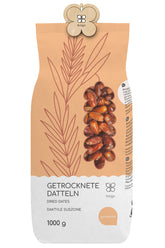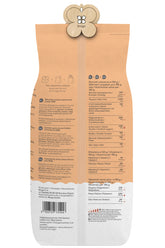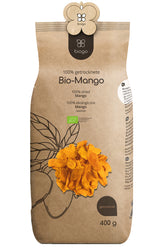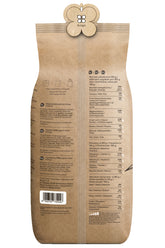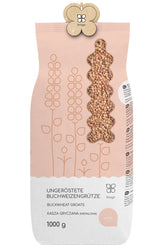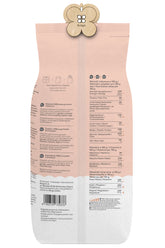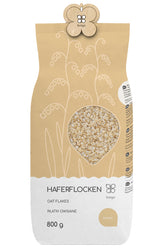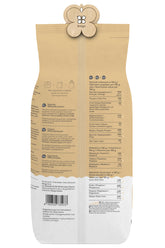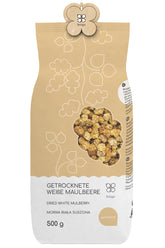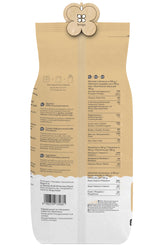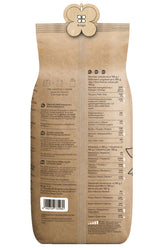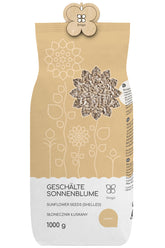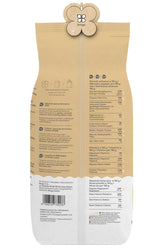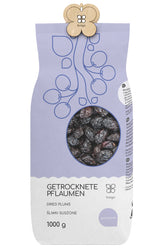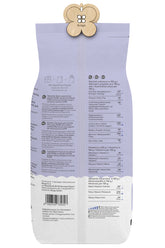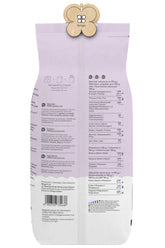Borax, also known as sodium tetraborate, is a versatile mineral used in a wide range of industries and applications. As a natural cleaning agent and disinfectant, it has proven its worth in households, but its range of applications extends far beyond that. In this article, we take a look at the professional uses of borax and explain how to use it safely and effectively.
What is borax and where does it come from?
Borax is a naturally occurring mineral composed mainly of boron, sodium, and oxygen. It is extracted from boron deposits, which are primarily found in regions with volcanic activity such as California, Turkey, and Argentina.
The mining and processing of borax are complex processes, as the mineral is often found in deep soil layers or even beneath salt lakes. Nevertheless, thanks to its diverse applications, borax remains an important raw material for many industries.
Applications of Borax in Industry
Borax is used in numerous industrial applications. Here are some of the most important areas of use:
1. Glass production
Borax is an important component in glass manufacturing. It serves as a flux that lowers the melting point of silicon dioxide, thus facilitating the glass melting process. Borax is used in both container glass production and the manufacture of flat glass, crystal glass, and specialty glasses.
2. Ceramic production
In the ceramics industry, borax is used as a glaze and slip thickener. It improves the plasticity of clay, increases the strength and durability of ceramic surfaces, and gives them a glossy finish.
3. Metallurgy
Borax plays an important role in metallurgy. It serves as a flux in welding and soldering to remove oxide layers and improve the wetting of metal surfaces. Additionally, it is used in precious metal extraction and refining.
4. Chemical industry
In the chemical industry, borax has diverse applications. It is used to produce boric acid, sodium perborate, and other boron compounds, which in turn are used in numerous products such as detergents, fire extinguishers, and wood preservatives.
5. Agriculture
In agriculture, borax is used as a fertilizer to compensate for boron deficiency in soils. Boron is an essential trace element for plant growth and fruit development. Boron-containing fertilizers are therefore primarily used in fruit and vegetable cultivation.
6. Cosmetics and personal care
Borax is also used in the cosmetics and personal care industry. For example, it is used as a preservative in creams, lotions, and shampoos. It also serves as a thickening agent in makeup and toothpaste.
7. Cleaning and disinfection
In addition to industrial applications, borax is also known as a cleaning agent and disinfectant. It has antimicrobial properties and can be used to remove mold, limescale, and grease. In households, borax is often used as an eco-friendly alternative to conventional cleaning products.
Safety instructions for handling borax
Although borax is considered safe in many applications, some precautions must be taken when handling it:
- Borax can be harmful if swallowed. Therefore, it should be kept away from children and not used in food.
- When handling borax, protective gloves and goggles should be worn to avoid skin and eye contact.
- In enclosed spaces, adequate ventilation must be ensured to avoid dust exposure.
- Borax is not flammable, but toxic fumes can form when in contact with acids. Therefore, open flames and strong acids should be avoided.
- Empty borax containers must be disposed of properly, as residues can pose a hazard.
If these safety instructions are followed, borax can be used safely and effectively in a wide range of applications. Its versatile properties make it a valuable raw material in industry and households.
Conclusion
Borax is a versatile mineral with numerous applications in industry. From glass production to ceramic manufacturing and metal processing to the chemical sector – borax is indispensable in many industries. It is also used in agriculture, cosmetics, and cleaning.
However, some safety aspects must be considered when handling borax. With the right protective measures, it can be used safely and effectively in a wide range of applications. Professionals particularly value borax for its excellent technical properties and environmental compatibility.

